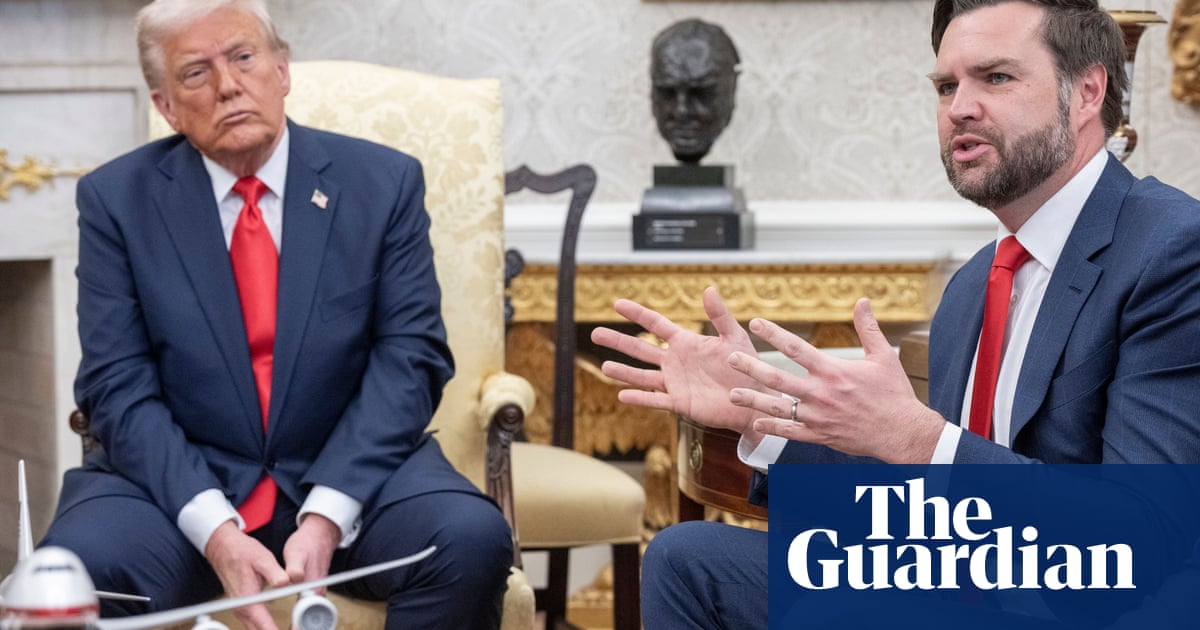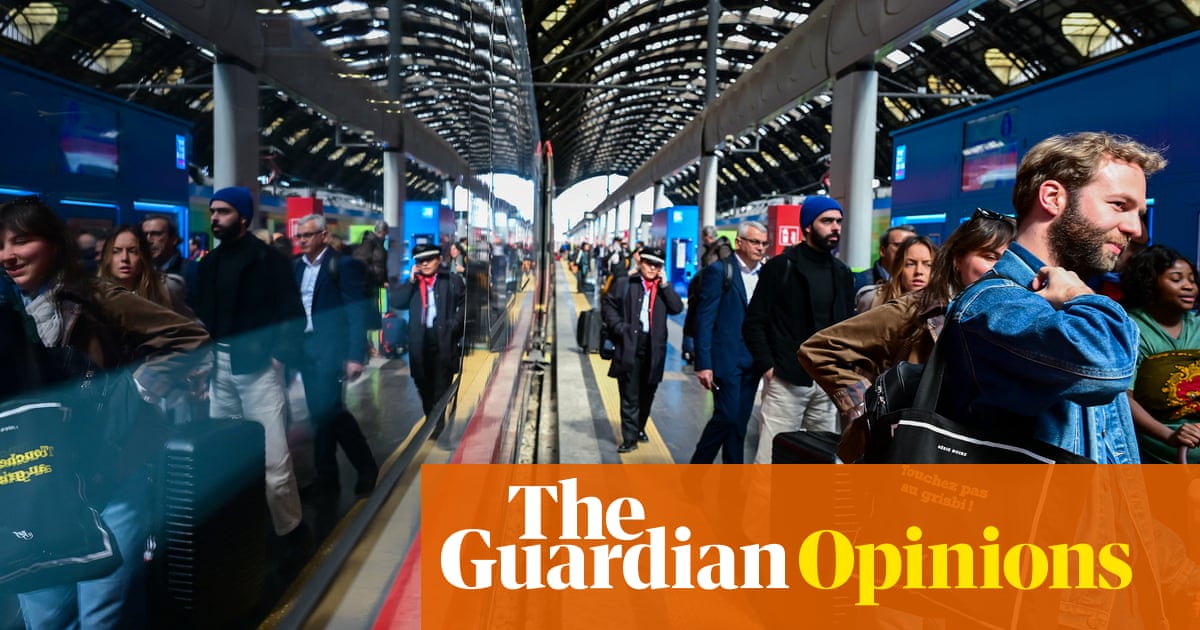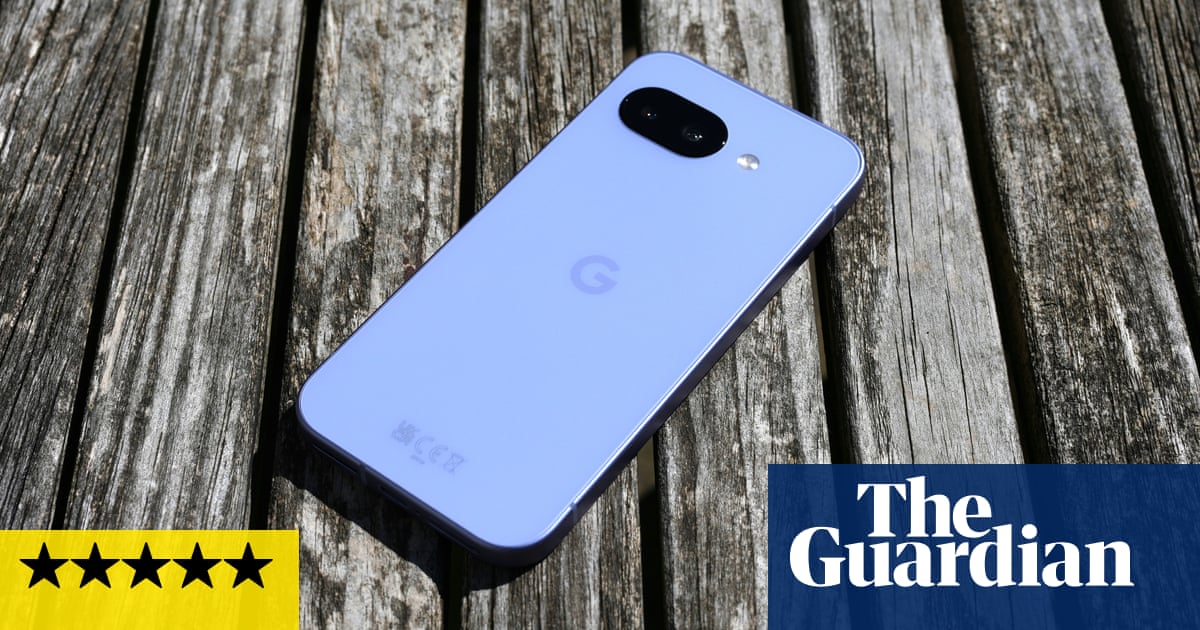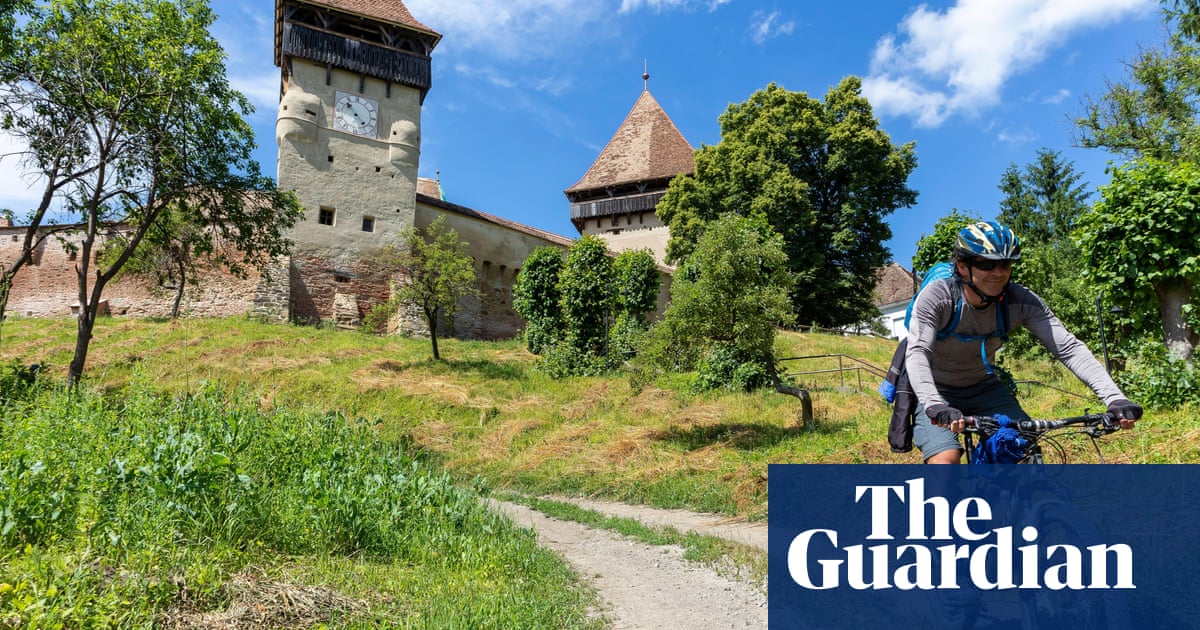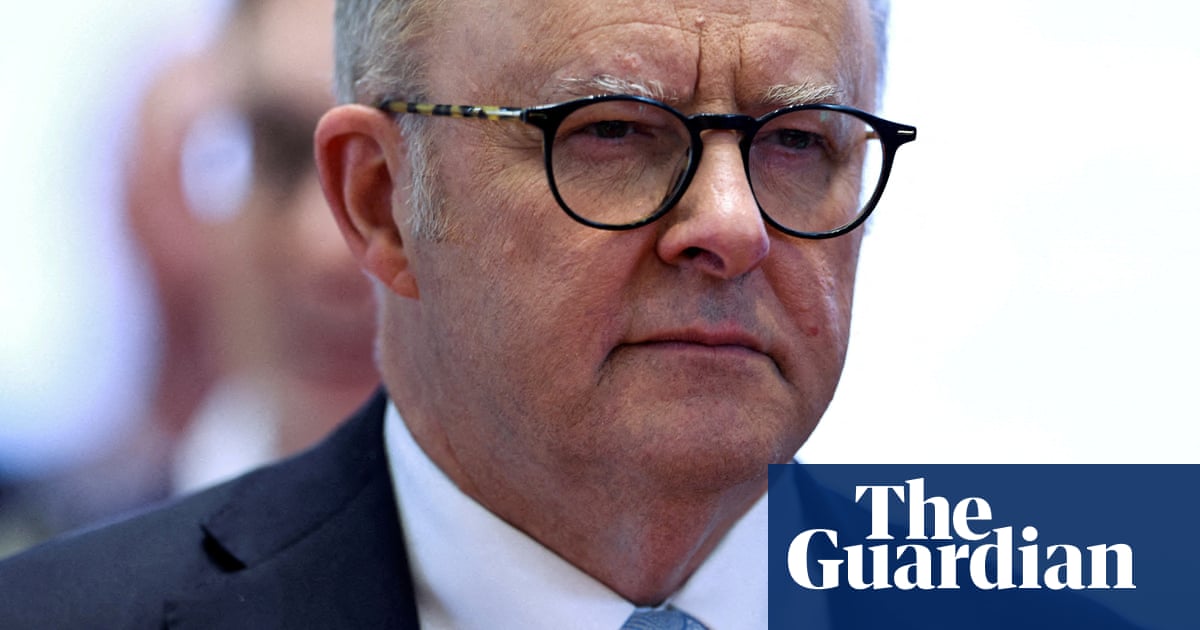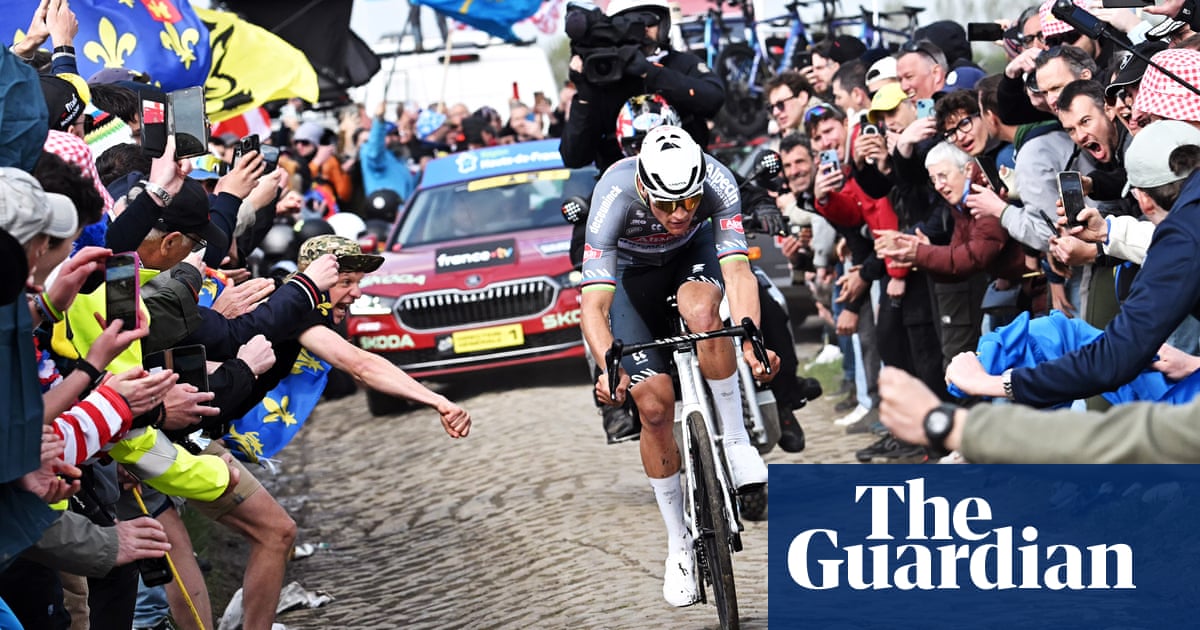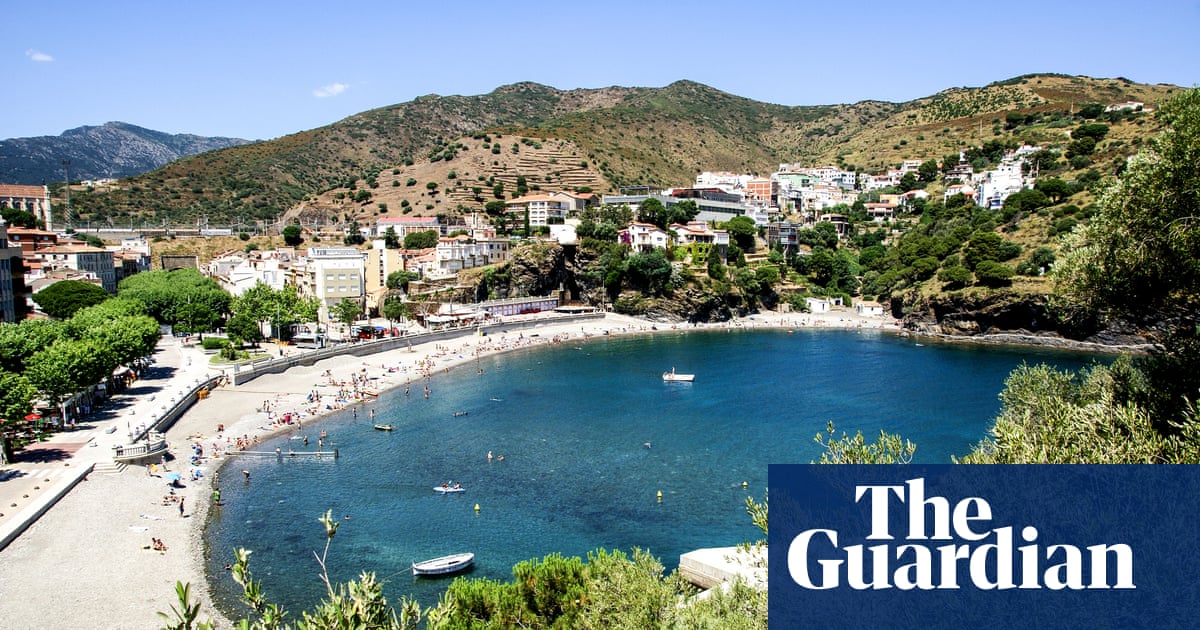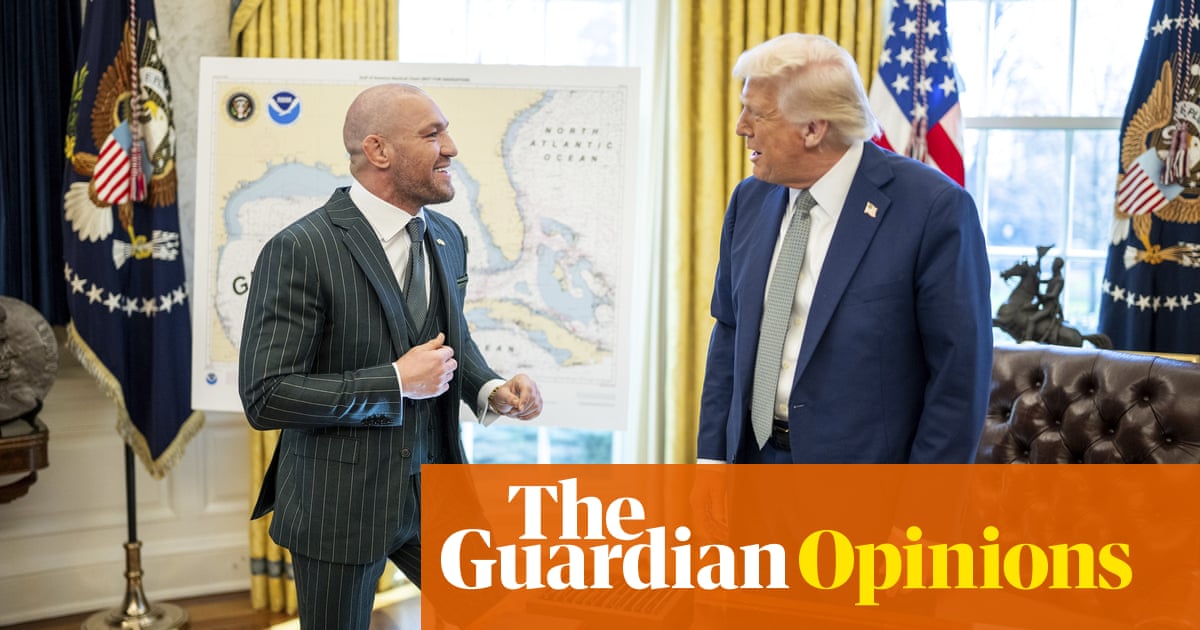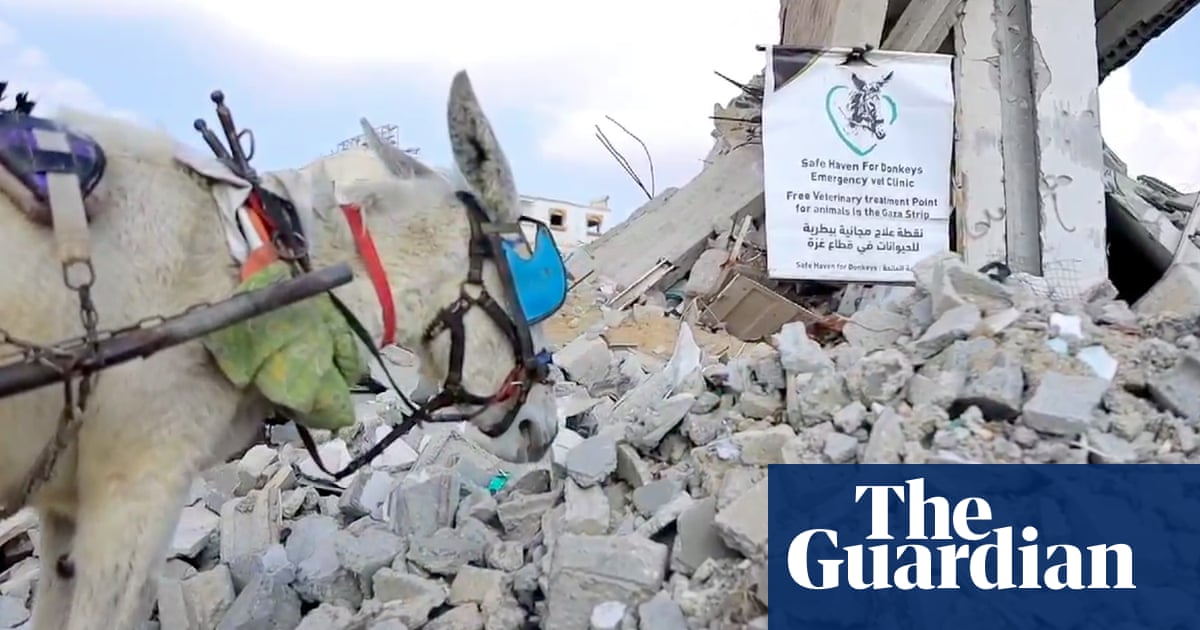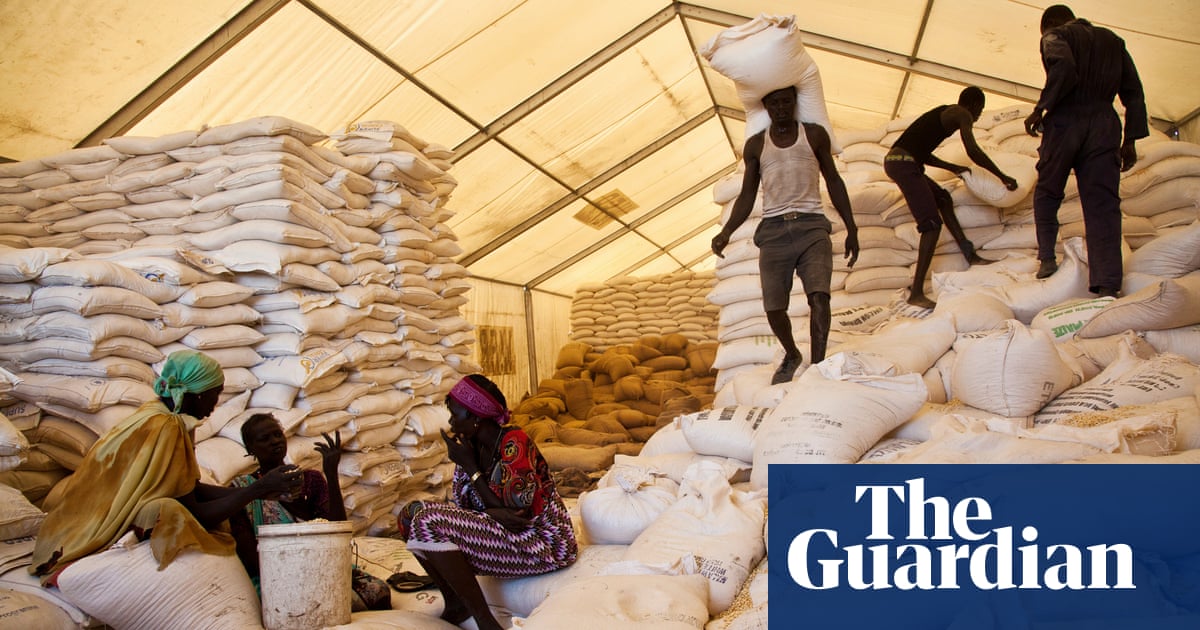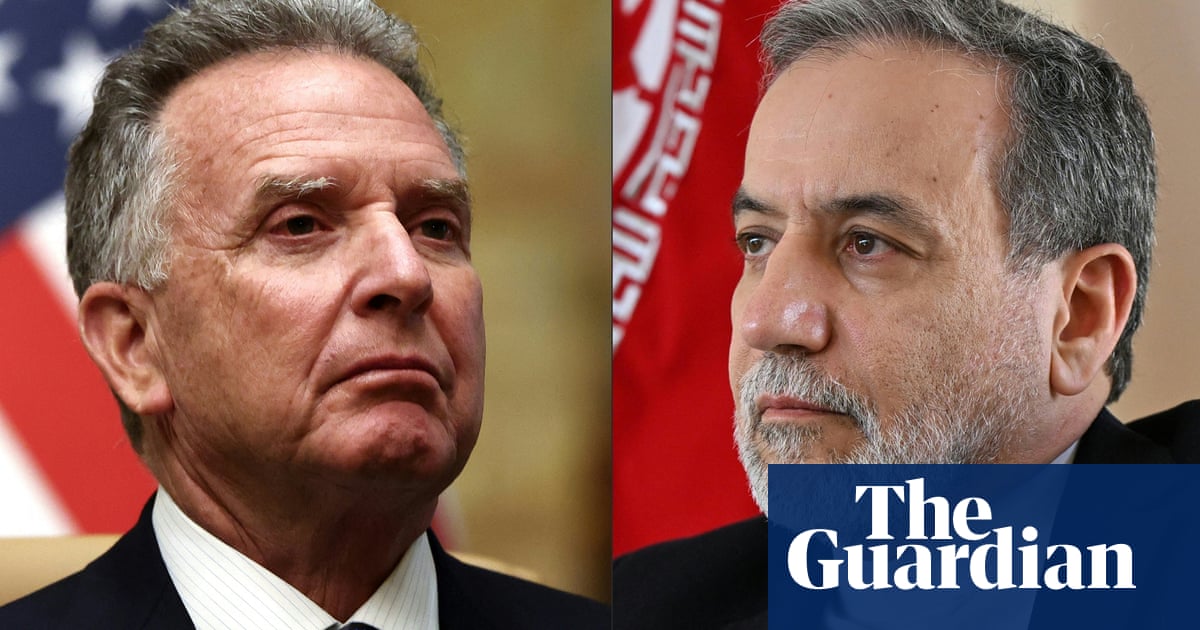“The vilest scramble for loot that has ever disfigured the history of human conscience” is how Joseph Conrad described colonial-era concessions granted to private companies for Congo’s natural resources in Heart of Darkness. Under Donald Trump, that scramble may be back. If news reports are right, the Democratic Republic of the Congo (DRC) is offering the US a blunt deal: minerals for military help – a slice of sovereignty traded for a shot at stability.
The concern is this isn’t a return, it’s a sequel. For three decades, Washington supported Joseph-Désiré Mobutu, a cold war ally and brutal dictator who looted the Congo until his 1997 fall. That history of power politics still casts a long shadow. The Trump administration openly favours muscle over diplomacy. Fadhel Kaboub, an associate professor of economics at Denison University, notes that Biden-era talk of partnering for clean energy has been shelved, with the US driven less by green goals than by copper and cobalt for missiles and microchips.
The logic is bleak but clear. Since 1996, the Congo’s wars have drawn in foreign armies and proxies, leaving over 5.5 million dead. The DRC faces a worsening security crisis driven by armed groups like M23, allegedly backed by Rwanda and other regional powers. Western governments lament the violence, but focus on securing access to minerals vital to their industries. Kinshasa, seeing appeals to multilateral justice achieve little, has turned to dealmaking. If dependency is inevitable, it might as well be leveraged.
The DRC’s leadership is not naive. They know Mr Trump sees Africa not as a partner but as a warehouse of strategic materials, and Ukraine as proof that he will turn weakness into American gain. They know China won’t send troops – citing non-interference – even as its firms dominate Congolese mining. With Russia and Gulf states offering assistance, Kinshasa pushes for US bases to guard “strategic resources” – like cobalt, 70% of which comes from the DRC and is essential to smartphones and Nato’s defence industry. Congo may want boots; Washington prefers business.
The proposed deal with the US seems desperate and strategic: security support in exchange for mining rights. Don’t call it protection money. After Mr Trump’s Africa envoy signalled a deal was coming, the DRC repatriated three Americans tied to a failed coup, and a tin mine, which is controlled by US investors, began reopening as M23 rebels pulled back – a fragile win in a volatile landscape. Kinshasa hopes either to have Washington broker a peace that forces the rebels into retreat or to gain the firepower to crush them outright.
It might also unlock IMF funding and widen access to western capital markets. But at what cost? The likeliest outcome is that the DRC will receive just enough to remain dependent. Its mineral sector will be dominated by foreign firms, its fiscal autonomy eroded by conditional loans and its economy locked into the old pattern of subservience – supplier of cheap inputs, consumer of expensive outputs.
Calling this colonialism isn’t quite right. Empires ruled by decree, with no pretence of consent. Today’s coercion is more subtle: a sovereign state cornered, at a weak moment, into accepting colonial-style terms without soldiers or flags. The tools are different – security deals, trade exemptions, private investment. But the logic is familiar. The irony is that this is being pursued voluntarily by a government with few alternatives. What will history say about that?

 1 day ago
10
1 day ago
10
